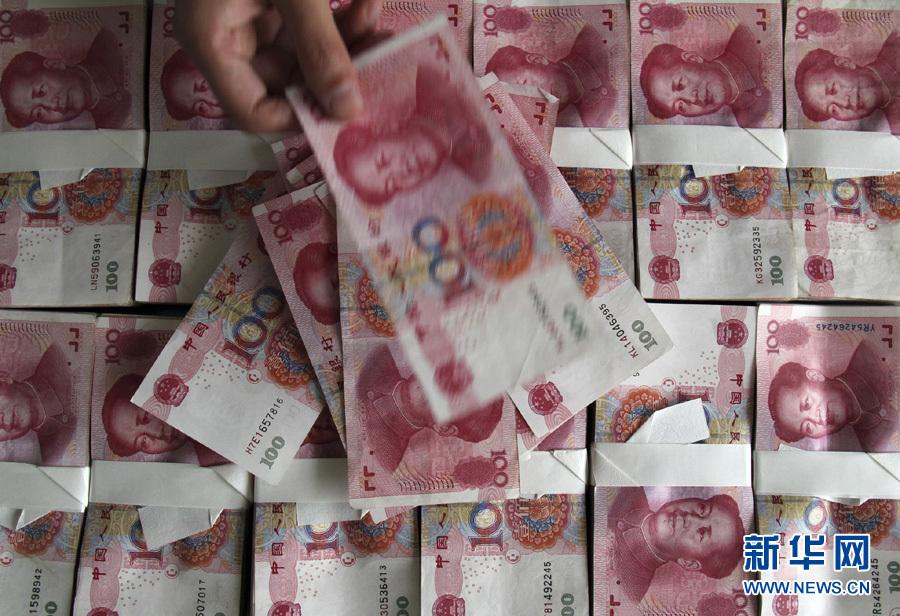


(Photo/Xiinhua)
The Chinese central bank has decided to cut the reserve requirement ratio (RRR) of financial institutions by half a percentage point, which will release long-term and systemic dividends into the market, and highlights the flexibility of Chinese monetary policy.
The People's Bank of China, the central bank, decided to cut the cash amount that financial institutions must hold as reserves as of Jan. 6, so as to support the development of the real economy and reduce the real cost of social financing.
This reduction will release 800 billion yuan (about $115 billion) of funds, which will play a counter-cyclical adjustment role.
This is the fourth cut since last year - the first three cuts were all based on grim internal and external situations.
This year’s fiscal policy has changed from last year's policy of strengthening and improving efficiency to one of improving quality and increasing efficiency, highlighting the fact that fiscal policy has begun to shift from quantitative to qualitative adjustment.
The macro economy is still expected to encounter many changes and even challenges in the internal and external markets in 2020. The New Year's first 800 billion yuan RRR cut is just the beginning, with the central bank making flexible and appropriate adjustments based on changing circumstances.
 Fire brigade in Shanghai holds group wedding
Fire brigade in Shanghai holds group wedding Tourists enjoy ice sculptures in Datan Town, north China
Tourists enjoy ice sculptures in Datan Town, north China Sunset scenery of Dayan Pagoda in Xi'an
Sunset scenery of Dayan Pagoda in Xi'an Tourists have fun at scenic spot in Nanlong Town, NW China
Tourists have fun at scenic spot in Nanlong Town, NW China Harbin attracts tourists by making best use of ice in winter
Harbin attracts tourists by making best use of ice in winter In pics: FIS Alpine Ski Women's World Cup Slalom
In pics: FIS Alpine Ski Women's World Cup Slalom Black-necked cranes rest at reservoir in Lhunzhub County, Lhasa
Black-necked cranes rest at reservoir in Lhunzhub County, Lhasa China's FAST telescope will be available to foreign scientists in April
China's FAST telescope will be available to foreign scientists in April "She power" plays indispensable role in poverty alleviation
"She power" plays indispensable role in poverty alleviation Top 10 world news events of People's Daily in 2020
Top 10 world news events of People's Daily in 2020 Top 10 China news events of People's Daily in 2020
Top 10 China news events of People's Daily in 2020 Top 10 media buzzwords of 2020
Top 10 media buzzwords of 2020 Year-ender:10 major tourism stories of 2020
Year-ender:10 major tourism stories of 2020 No interference in Venezuelan issues
No interference in Venezuelan issues
 Biz prepares for trade spat
Biz prepares for trade spat
 Broadcasting Continent
Broadcasting Continent Australia wins Chinese CEOs as US loses
Australia wins Chinese CEOs as US loses